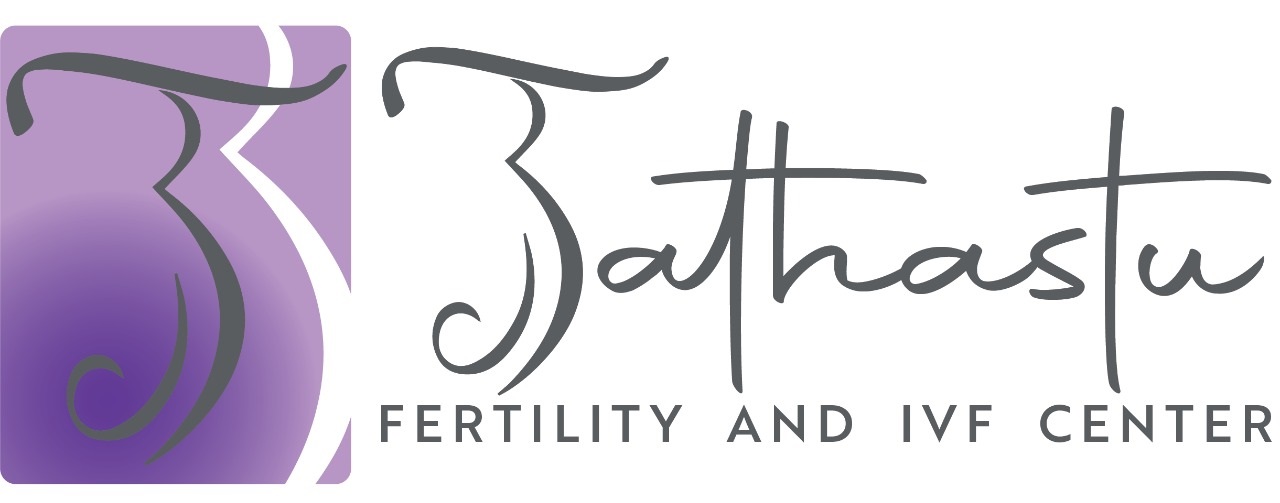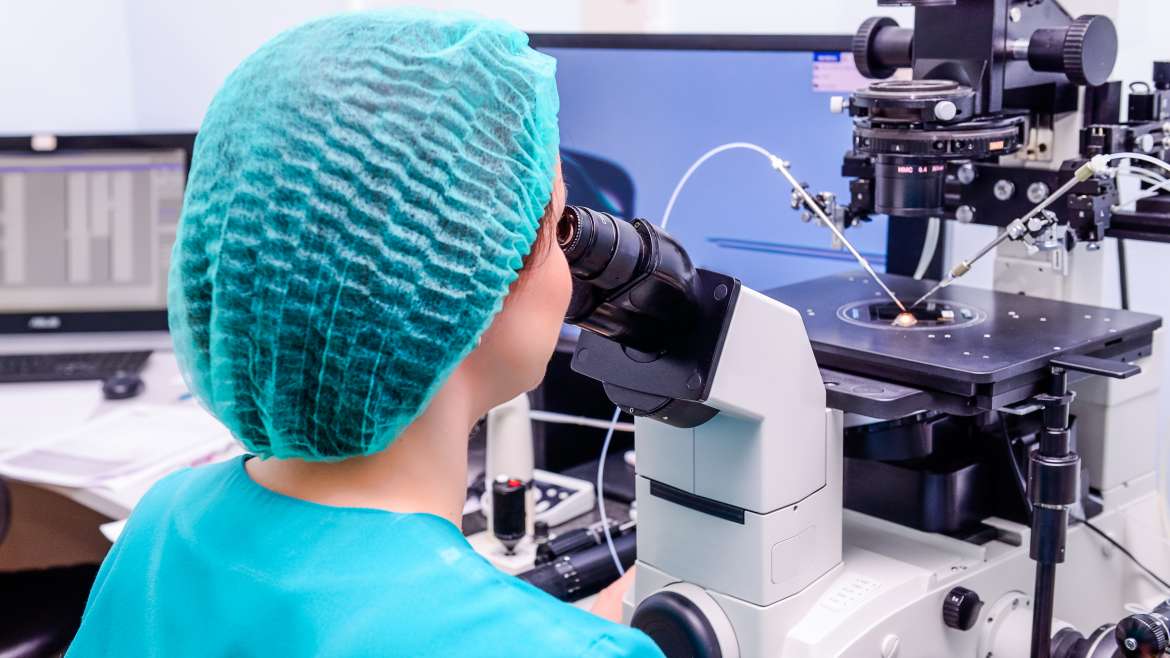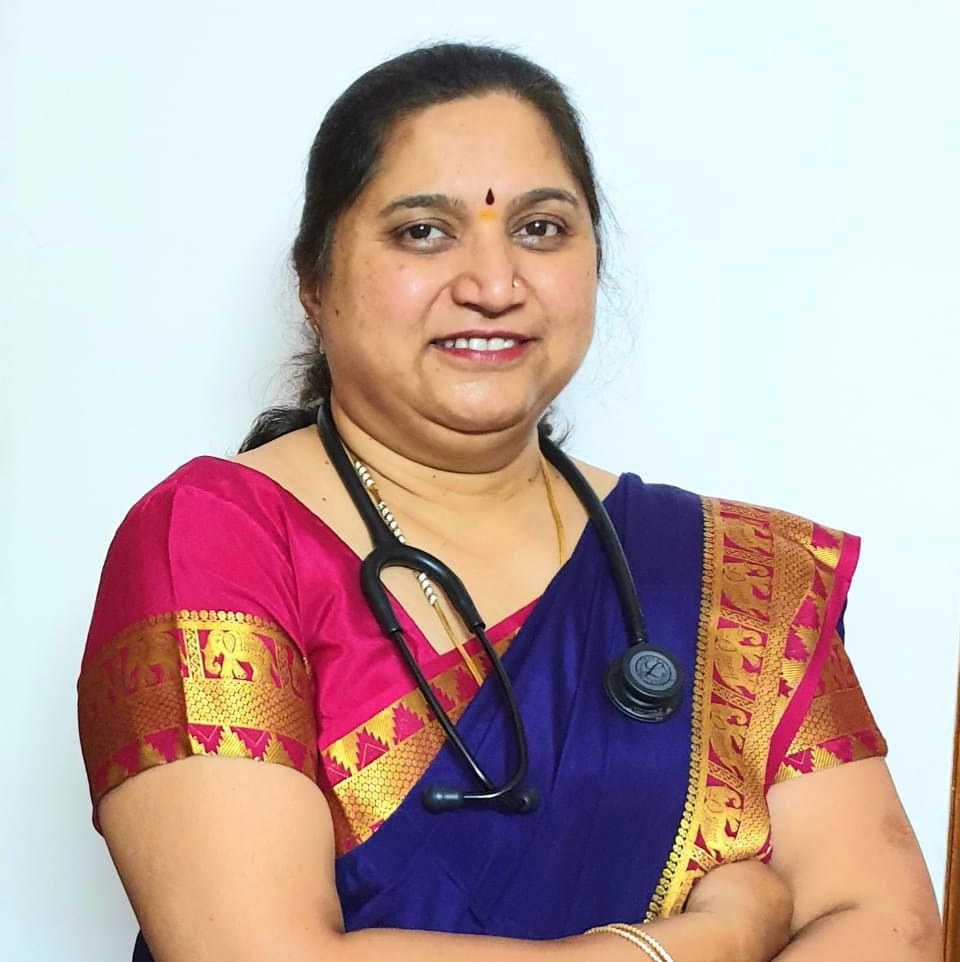We offer a comprehensive range of fertility treatments to help couples achieve their dream of starting a family. In this section, we’ll discuss embryology, a crucial component of the IVF process.
Embryology is the study of the development of embryos, from fertilization through the early stages of growth and development. At Tathastu IVF, our team of experienced embryologists works closely with our fertility specialists to ensure the highest possible success rates for our patients undergoing IVF.
Here are some key points about embryology and the IVF process:
- Egg retrieval: The first step in the IVF process is the retrieval of eggs from the woman’s ovaries. This is typically done under sedation or anesthesia.
- Sperm preparation: The man’s sperm is prepared in the laboratory to ensure the healthiest and most viable sperm are selected for fertilization.
- Fertilization: The retrieved eggs and prepared sperm are combined in the laboratory, either through conventional IVF or ICSI, to create embryos.
- Embryo culture: The resulting embryos are cultured in the laboratory for several days to monitor their development and growth.
- Preimplantation genetic testing: If desired, embryos can be tested for genetic abnormalities before being transferred to the uterus.
- Embryo transfer: The final step in the IVF process is the transfer of the embryos to the woman’s uterus. This is typically done using a thin catheter inserted through the cervix.
We understand that undergoing fertility treatment can be stressful and emotional. That’s why we offer a supportive, compassionate environment where patients can feel comfortable and confident throughout the IVF process.
If you’re considering IVF, we invite you to schedule a consultation with one of our fertility specialists to learn more about how embryology and our comprehensive approach to fertility treatment can help you achieve your dream of starting or growing your family.







